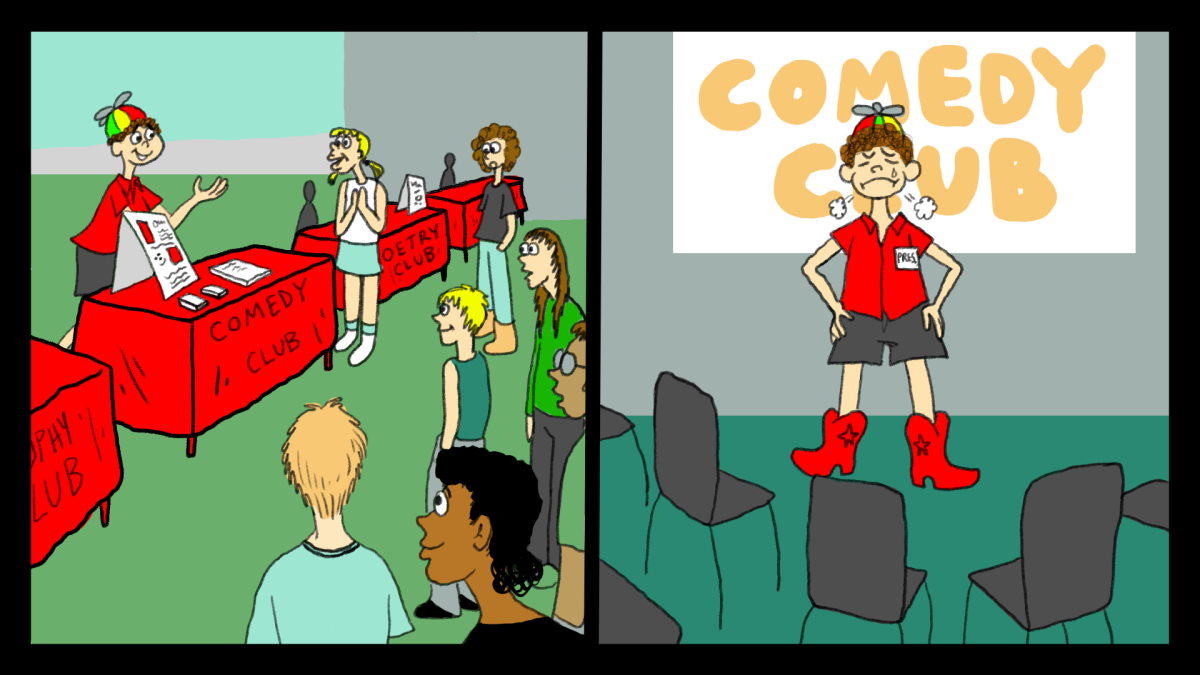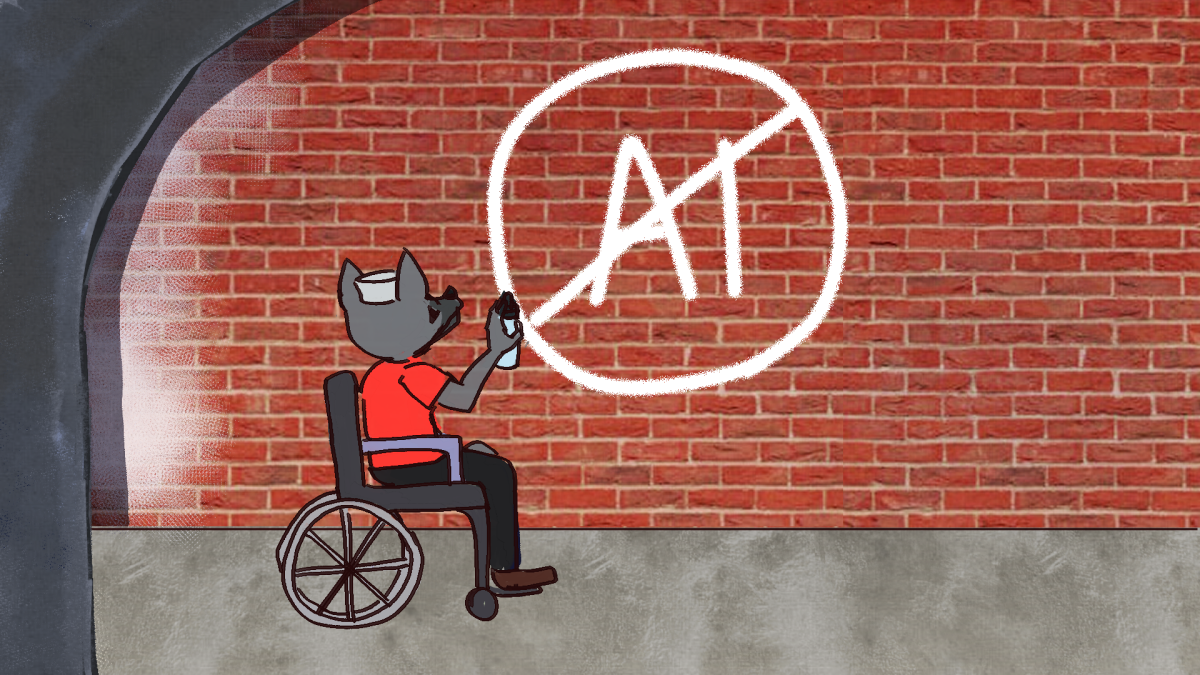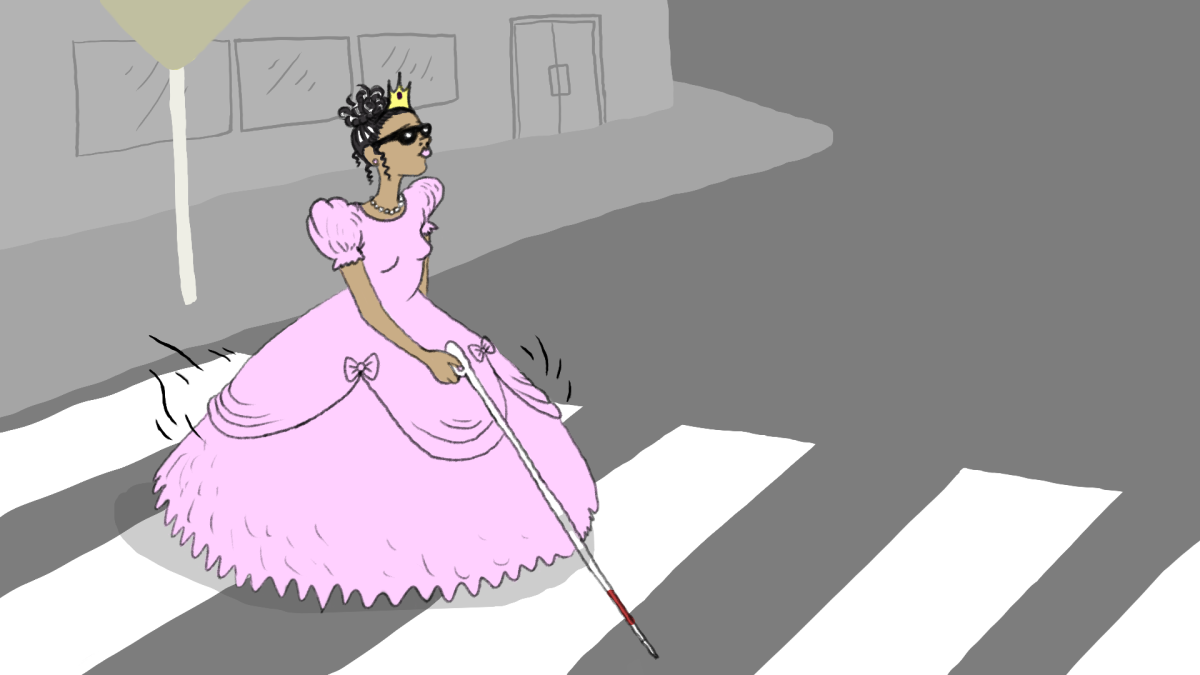We are NC State: a university that prides itself on acceptance, diversity, good moral character and openness to others.
Deciding to attend this globally recognized institution was and still is one of the best decisions I’ve ever made, which is why I say this out of love and pride for my university: We can do better.
Being a part of the Wolfpack community is a privilege. With an acceptance rate of just under 50 percent, every student on this campus had to ask for admittance into this great university. While academics play a key role in admissions, individual character is also factored into this complex equation. The university assesses disciplinary records of prospective students, encourages personal essays and requires letters of recommendation.
Within the university’s code of conduct, policies regarding academic suspensions and penalties are present. A GPA of below 2.0 calls for disciplinary action and, in some cases, release from the university. Additionally, within the same document, an equal opportunity non-discrimination policy is emphasized. Section 2.2.2 of the policy reads, “Hostile Environment Harassment occurs when unwelcome conduct based upon an individual’s age (40 or older), color, disability, gender identity, genetic information, national origin, race, religion, sex (including pregnancy), sexual orientation or veteran status is sufficiently severe or pervasive.” The policy further highlights that sufficiently severe circumstances arise when, “A student’s ability to participate in or benefit from NC State’s programs or activities is limited; or when the offense creates an intimidating, threatening or abusive educational environment.”
That being said, based on the policy outlined by the university, the school is in fact ineligible to punish students over horrific opinions voiced through private messaging as it attempts to mirror “freedoms of speech and expression, as articulated in current legal standards.”
NC State upholds that it may interfere if the comments are directed at a specific individual or are made by individuals that maintain direct power over other students such as professors or leaders of campus organizations. These are now offenses powerful enough to create an overall unwelcoming environment that inhibits the ability of others.
The true issue here lies within the policies’ implementation on campus. Students are not permitted to place harmless Black Lives Matter posters on the doors in their residence halls because “they might offend someone.” Meanwhile, blatantly hateful speech is protected. The implementation of the policy must apply for all students regardless of their beliefs.
It’s also critical to acknowledge that the policy itself is open to questioning as well. Students from institutions such as The University of Missouri, Oklahoma State University and Kansas State University have all been punished for similar hateful displays.
Additionally, sometimes legality and morality don’t always align. There was a time in this nation when domestic violence was not illegal and racial segregation was the law of the land. Society has now progressed to realize both of these behaviors are wrong. While the alignment between legality and morality has improved greatly, there’s admittedly still a long way to go.
However, it’s equally important to acknowledge that the societal problem of racism and hatred can’t be eradicated through policy, but merely muffled. It’s impossible to police the thoughts of individuals. Individuals maintaining and voicing hateful beliefs are losing more than they realize. Their exposed intolerance will cost them both employment opportunities and respect from many peers. Most companies don’t want to hire someone with a lack of tolerance and respect. As the work force continues to diversify and become more global, closed mindedness only serves as an unwanted hindrance in the corporate world.
Furthermore, these individuals are imprisoning themselves and severely limiting their ability to fully experience and love life. It’s quite sad.
The hateful attitudes and beliefs people learn are carried with them wherever they go, so I have an additional challenge for our community: look within ourselves and promote self-love.
All hate grows from the same root. So often racist individuals come in a package. These individuals are also homophobic, misogynistic and xenophobic. Each facet of expressed hate is only a symptom of a greater problem in our society: lack of self-love and value.
Upon viewing an interview of current KKK members explaining their reason for joining the hate group; a common theme appeared: fear and lack of self-love. These people were most often loners who felt they had no value to society. The only way to “bring themselves up” was to hate other groups and put them down.
So often we forget to maintain unconditional love for ourselves. Not love for our accolades and social status, but an unconditional appreciation for our simple being in life. This ability to value oneself is contagious and reigns supreme.
With self-love, it’s impossible to hate. There’s an appreciation for oneself that extends too deep to limit our experiences on this earth. While I challenge the Wolfpack to accurately implement and evaluate its policies, I encourage the cultivation of self-love within the community as well. We can do better.








